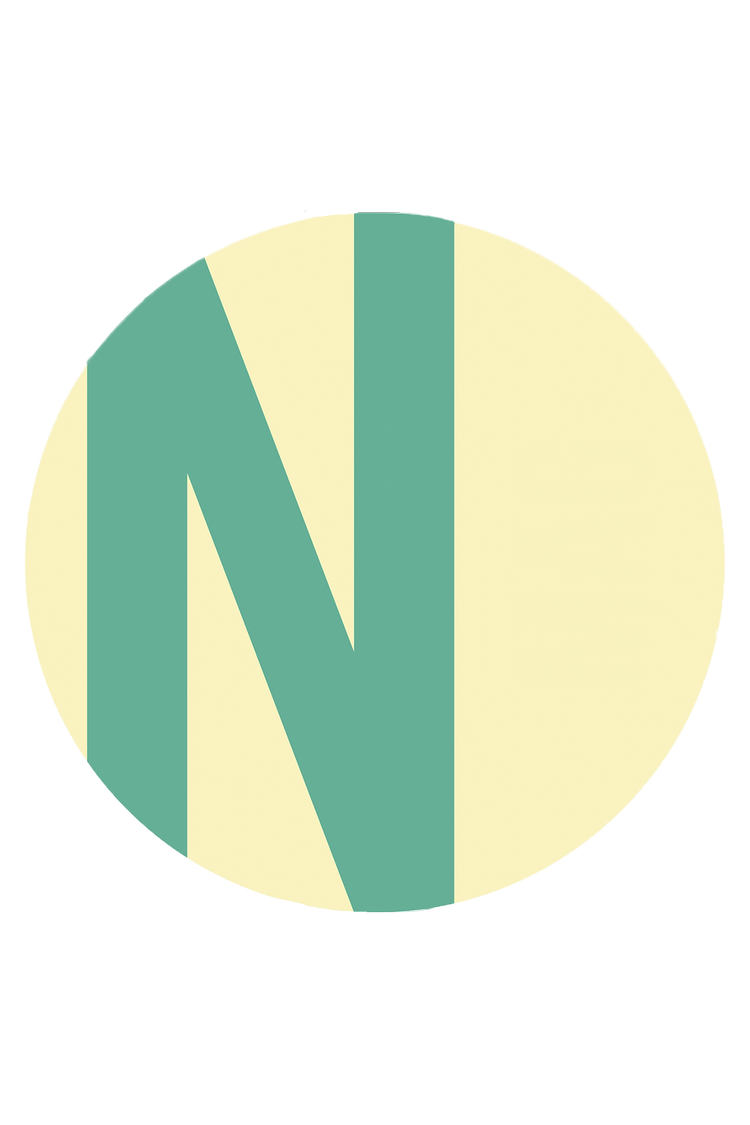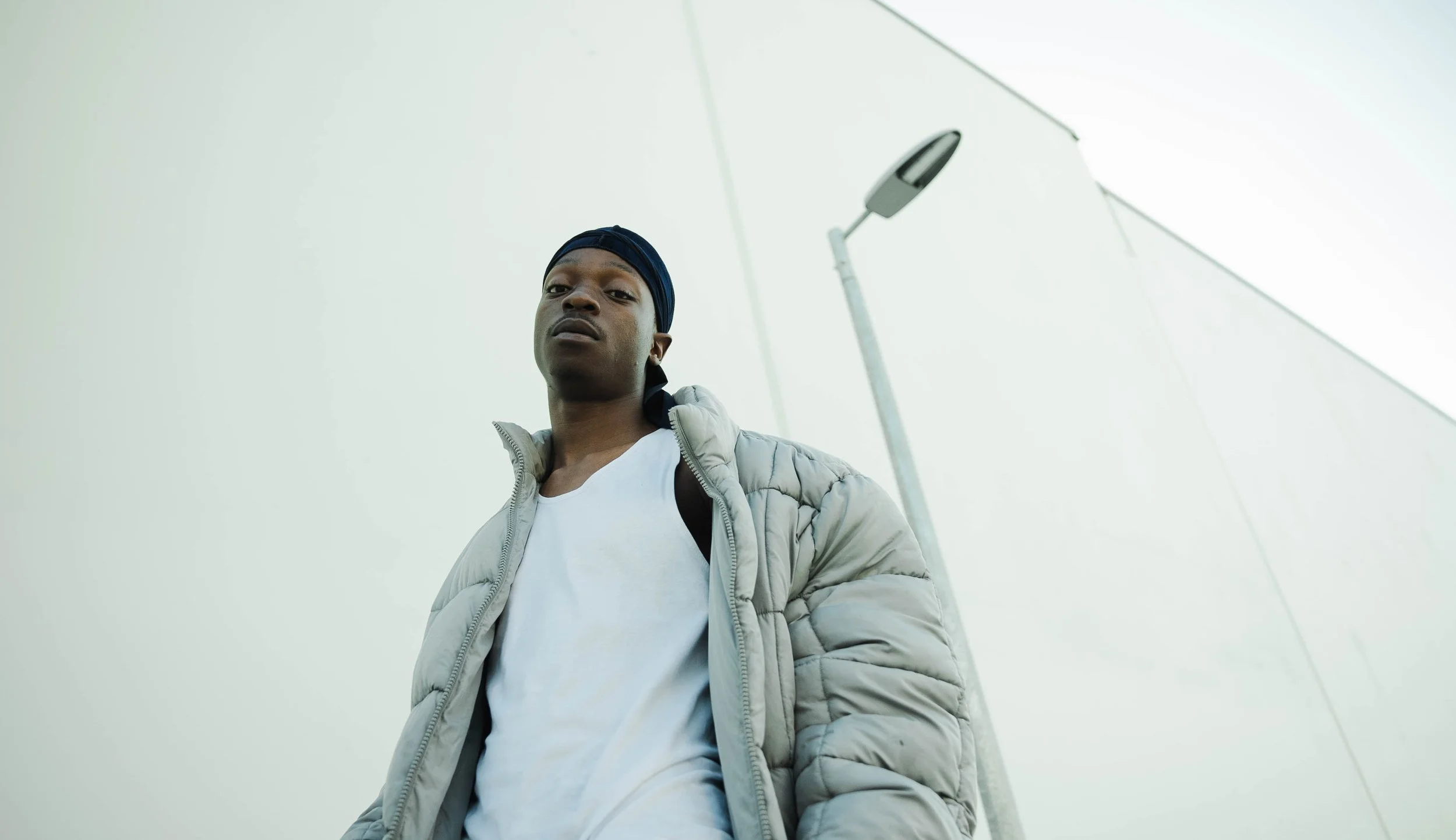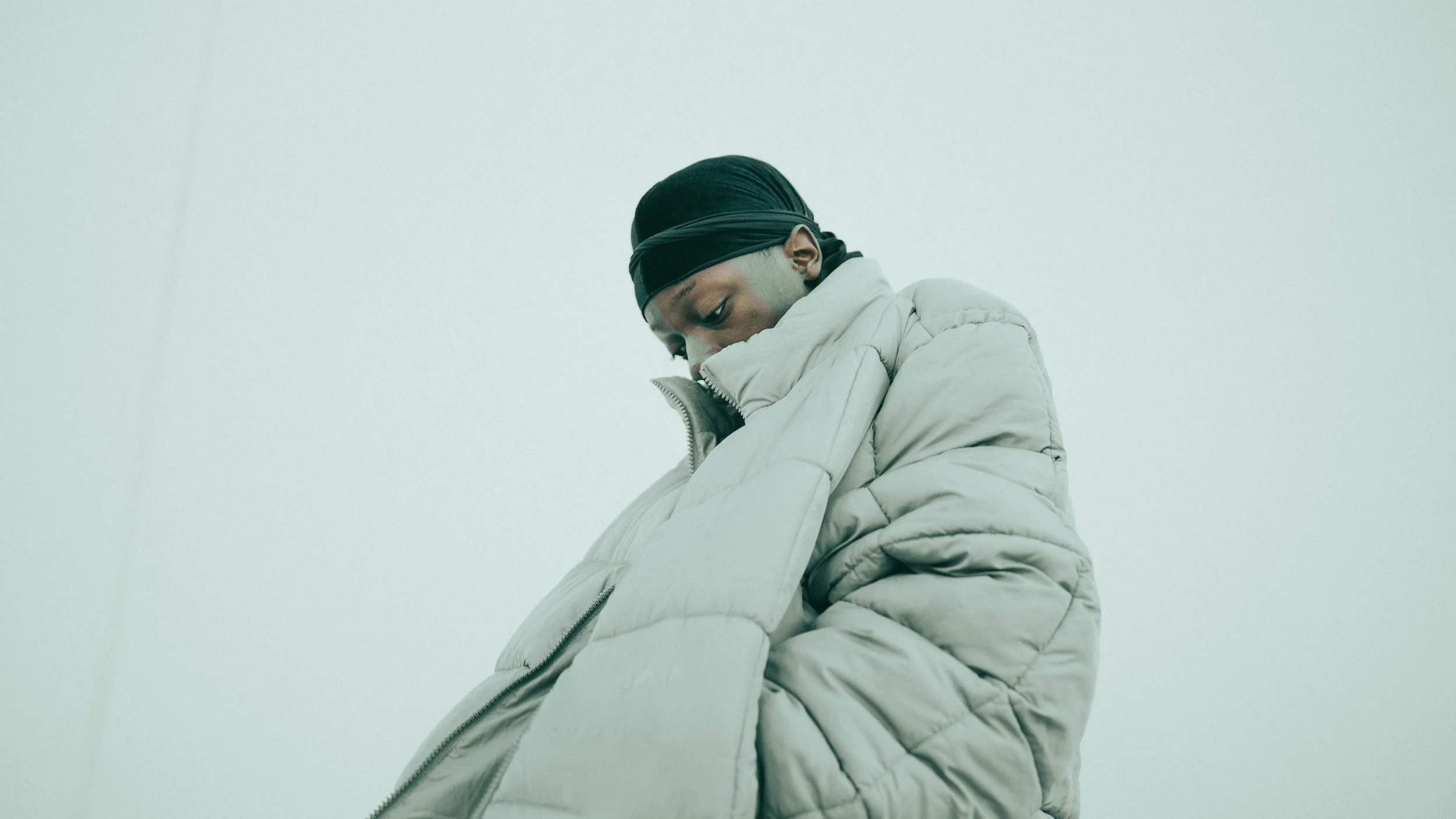Photo Credit: Baely
Written by: Oliver Heffron
Baby Prince is locked in. Since his country's literal lockdown, the Australian MC has been on a run, releasing a slew of hit singles and features before signing a deal with DB/Warner Music in October of last year. Since those months confined to a 5-kilometer radius, the Zimbabwe-born, Brisbane-raised, and Sydney-based rapper has retained that singular focus, bringing his sound to a global audience. Cementing an integral role in his country's hip-hop scene, which has been bubbling down under for quite a while but just now beginning to gain traction on the worldwide stage, Baby Prince looks to make a name for himself with each release going forward.
His second full-length project, Spriteschool, Vol. 2, releases today and shows why Baby Prince is one of the most promising hip-hop artists coming out of Australia. The project is a culmination of those months turning into years of focusBaby Prince has crafted a sound that represents his local hip-hop culture through its flow and lyricism. However, it paints a familiar, globally-accepted sonic portrait of hypnotizing melodies and room-shaking percussion. The new language of bangers translates to any country.
Baby Prince caught up with Nuance from nearly 10,000 miles (or over 15,000 kilometers) for a virtual interview to share how he first got into hip-hop, how he found his sound during the lockdown and the exciting future for Australian hip-hop on the global stage.
Prince Tarirai Jnr Mudadada, aka Baby Prince, was born and raised in Zimbabwe until the age of nine when his family moved to Australia. His family moved around the country when he was young, first living in Sydney, then Mount Gambier in South Australia, before settling in Brisbane in grade six.
Growing up, Baby Prince stumbled upon Lil Wayne and became a lifelong fan of Southern hip-hop. "Somewhere around 5 or 6, I somehow found Lil Wayne from Michael Jackson. I was a big Michael Jackson fan and had his CD that I'd play a lot, and I had this little video player thing where I first heard Lil Wayne." Like countless American adolescents, Baby Prince first became infatuated with Weezy F Baby for his fantastic storytelling skills. Eventually, Li Wayne's music introduced him to more trap artists. From an early age, his affinity for both storytelling and trap energy planted the seeds of the influence you can hear in Baby Prince's music today:
Photo Credit: Baely
"It was Tha Carter III; that was my go-to. I liked songs like "Dr. Carter," the more storytelling ones, because I had never really heard music like that, you know? I always just felt a special way towards that type of song. That's kind of why I started. I was really into Lil Wayne, and then I found 2-Chainz and Migos, and that's when I really started getting into the trap vibes."
Inspired by the music he heard overseas, Baby Prince began rapping while entirely unaware of the hip-hop scene growing around him. "I started making music about five years ago, and when I first heard there were hip hop artists in Australia, I didn't even realize that was a thing and that there was a scene like that. I only knew a couple of Australian artists, but they were more EDM or pop-type stuff."
However, Baby Prince soon learned and was supported and inspired by the selfless Aussie hip-hop veterans who helped start his career:
"Once I found out about the Australian hip hop scene, I saw Manu Crook$ and BLESSED as the OGS. Those are the ones I see as far as paving the way for artists like the ones coming up like me. Everything they've done paved the way for everyone to come and just follow in their footsteps; it's like they set the formula. And at the same time, they are very, very selfless people who always offer to lend a hand and are always down to help."
When the pandemic's global lockdown hit the island nation of Australia especially hard. Confined to a strict 5-kilometer (about 3 miles) radius, Baby Prince found himself lucky to be where he was, turning his focus to music to get through the lockdown:
"I was lucky, because the main producer I was working, Liam Thomas, I was at his apartment when quarantine started; when we got locked down. So, it was me, him and another artist, Creed Tha Kid from Brisbane. So it was just the three of us locked in that apartment for maybe four or five months or however long it was.
Equipped with a home studio, video games, and only needing to leave for food or a breath of air, Baby Prince looks back on that time as a positive one: "It felt like one of those school camps, or a dorm, where you stay the whole time, and you go out only for certain events but mostly don't go out. But some days, it got to be a bit too much. But most of the time, there were good vibes, and we just made the most of it."
Baby Prince also looks back at the lockdown as a critical point of development in his career, as he broke through from local popularity to worldwide appeal. Building off that buzz, Baby Prince signed to Atlantic in October of last year: "I think, overall, it was good for me. I just had more time to really lock in, keep creating, and try to figure stuff out that way. Because we had no option but to stay home, I just had to work on my craft. Every day."
With the pandemic in the rearview, the hard work is paying off. Recently collaborating with BLESSED on the statement single, "Down Under," Baby Prince is working with the legends who inspired him. He's also supporting his fellow rising local stars, collaborating with Kill Carter on "2 Phones" and Mason Dane on "Fall Thru" and "Pretty Pearl." Since signing to a major record label, Baby Prince feels the same freedom he did as an independent artist, only without some of the financial constraints: "I feel like as far as the process, like creating, it's pretty much the same. It's just having more freedom to do more of what I want and choose--which studio I work in; which producer I work with--because it's really the same type of music, but just with more resources."
While Brisbane holds a special place in Baby Prince's heart, his artistic career has drawn him to the multicultural hub of Sydney. He finds inspiration and support in the city's creative community:
"I think Brisbane is the spot, but Sydney is good for work. When I'm in Brisbane, it's more of a free-for-all. In Sydney, there's more of a community, so that's why I'm down there. Whether it's TV or music, there's just a plethora of talent in that line of creative labor. So, everyone is working on their own thing, but at the same time are willing to help. With Sydney, there are more lending hands, more of a family or community. I feel it's always better to work with other people than to figure it out yourself in the dark."
Photo Credit: Baely
With Spriteschool, Vol. 2 releasing, and a slew of music videos on the way, Baby is excited about his pivotal role within the emerging Australian music scene. He sees a surge on the horizon, rising from the Southern Hemisphere, one that's already begun to make waves:
"I think it's headed in a good direction. Obviously, with what The Kid Laroi has done, as well as artists like Mason Dane coming out, there are more eyes on Australia than before. But there's a lot more talent that people don't know about, so I think it's going to be this insurgence of new Australian artists hitting the world market in the next few years. I think it's definitely getting bigger, getting more popular, and everything is just increasing. So it's good to see and be a part of, definitely."





